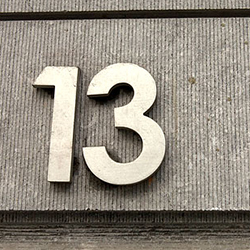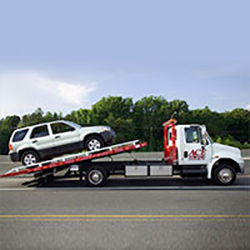What is the automatic stay?
When you are struggling with overwhelming debt, the pressure can feel relentless — calls from creditors, letters demanding payment, even the threat of foreclosure or repossession. But filing for bankruptcy can offer powerful relief, and one of the most immediate and impactful tools it provides is the automatic stay.
The automatic stay is a legal provision that instantly goes into effect the moment you file for bankruptcy. It’s a court-ordered injunction that stops most collection efforts in their tracks, giving you the breathing room you need to get your finances under control. (more…)

 Last week we discussed the
Last week we discussed the 